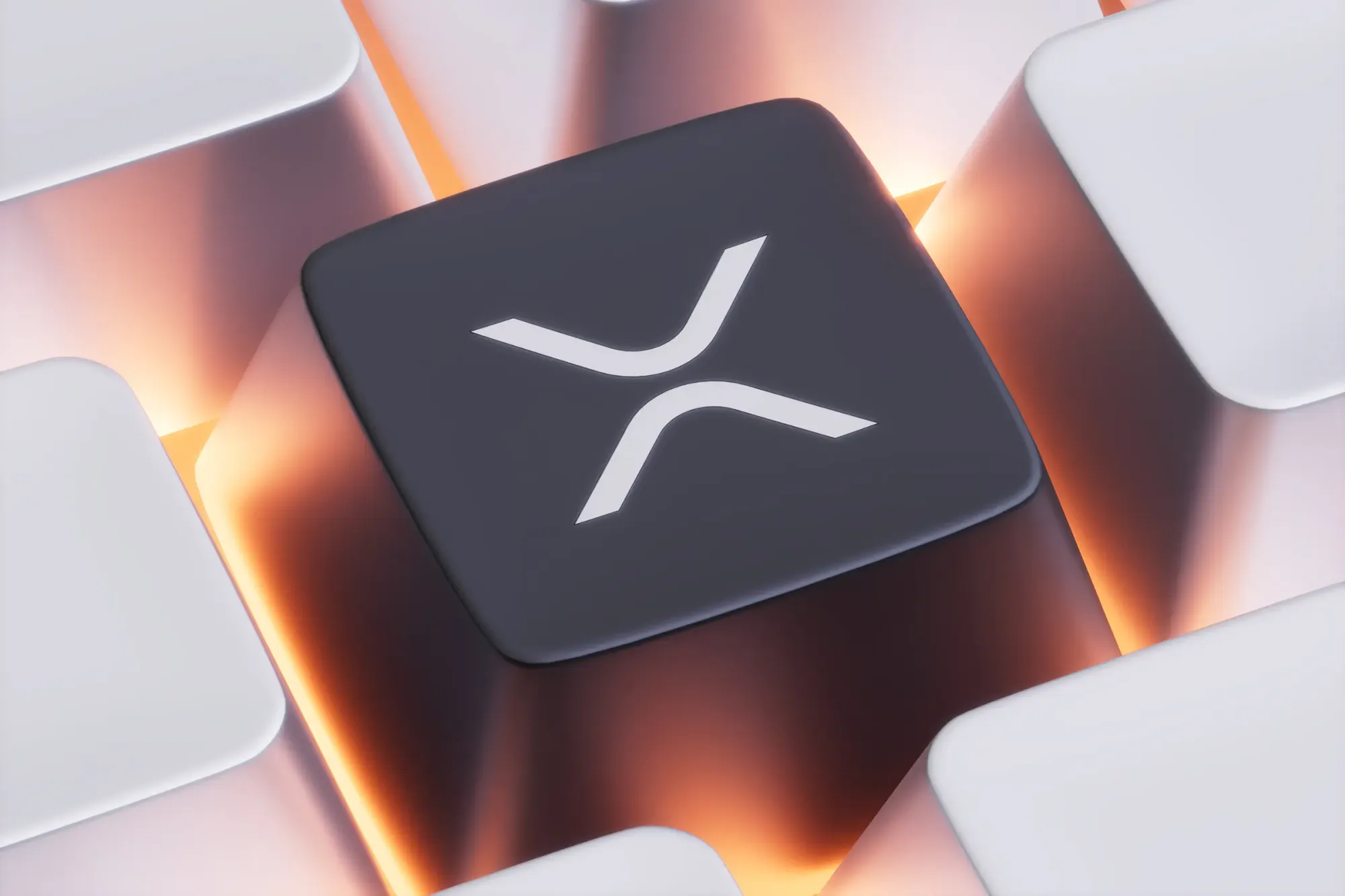Dubai Doubles Down on Real Estate Tokenization

Dubai’s real estate market is not just booming — it’s going digital. With over $18 billion in property deals recorded in May 2025 alone (a 44% year-on-year increase), the city is actively turning blockchain from concept into infrastructure.
Two major developments are now pushing this transformation forward: a $3 billion tokenization agreement and the launch of a tokenization platform on XRP Ledger. Both signal that Dubai isn’t experimenting anymore — it’s executing.
A $3 Billion Tokenization Deal
In May 2025, developer MAG, global financial group MultiBank, and tokenization firm Mavryk signed a $3 billion agreement to tokenize prime real estate assets in Dubai.
Under the deal, luxury properties by MAG — including The Ritz-Carlton Residences, Dubai and Keturah Reserve — will be moved onto the blockchain. Investors will be able to buy tokenized shares through the platform MultiBank.io.
This is currently the largest real estate tokenization deal in the world, and it’s just the beginning. By turning landmark projects into tradeable tokens, this deal aims to open Dubai’s luxury real estate to a wider base of global investors — especially those seeking exposure to hard assets through blockchain. And the project is just getting started: according to the partners, future phases may expand the total tokenized value to as much as $10 billion.
This move not only unlocks liquidity, but also streamlines property transactions and potentially shortens capital-raising cycles for developers. For investors, it means exposure to income-generating real estate with lower entry barriers.
Prypco Mint: XRP Ledger Meets Property

In parallel, the Dubai Land Department (DLD) partnered with Prypco and Ctrl Alt to launch Prypco Mint — the Middle East’s first government-backed real estate tokenization platform based on XRP Ledger.
Here’s how it works:
- Title deeds are tokenized and synced to Dubai’s land registry via blockchain.
- Investors can buy shares with as little as AED 2,000 (≈ USD 545)
- The pilot is limited to UAE ID holders and uses dirham payments.
- Regulatory support comes from the UAE Central Bank, VARA, and Dubai Future Foundation
The first sale — in Business Bay — wrapped up in under 24 hours, selling out with participation from 224 investors across 40 countries.
A second listing in Kensington Waters sold even faster: under 2 minutes and $399 million in total tokenized volume in May — nearly 17% of all Dubai property sales.
According to project leads, the goal is to make 7% of Dubai’s real estate market fully digitized by 2033, representing around $16 billion in on-chain property transactions.
From Pilots to Policy
Dubai isn't just running pilots — it's building infrastructure. The $3 billion tokenization deal creates new channels for global capital. The XRP-based Prypco Mint gives small investors a legal, affordable way to enter the property market. And both are aligned with national strategies to position Dubai as a hub for blockchain-powered finance.
This shift is backed by real transactions, live platforms, and regulatory support — not just whitepapers. While many countries are still debating how to regulate tokenized assets, Dubai is integrating them into its economic model.
Tokenized real estate in Dubai is no longer a vision — it’s a functioning market. Whether through luxury developments or low-entry digital platforms, the city is redefining who can invest, how fast deals close, and what property ownership looks like in the digital age.
As demand rises and laws evolve, Dubai may soon become the world’s first major real estate market fully powered by blockchain.
The future is not coming — it’s already here. And it comes in fractions.
💡 Keep reading:
Gain deeper insight with these articles:
– How Tokenized Real Estate Generates Income: Capital Growth and Rental Yield
– Real Estate Tokenization in Dubai: From Vision to Law
– Global Leaders in Real Estate Tokenization: From Innovation to Regulation
Follow us for expert commentary and global project coverage.

